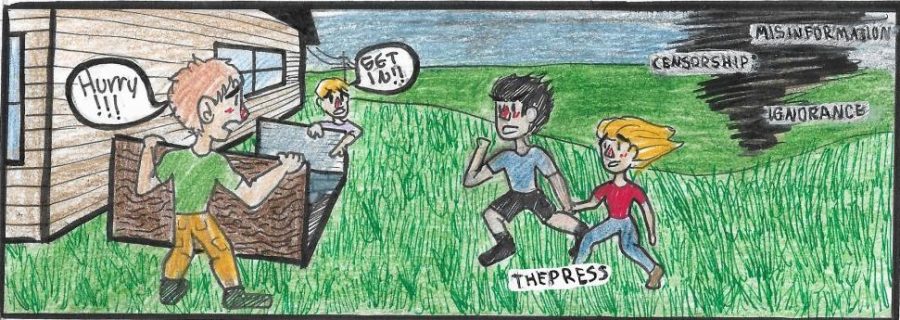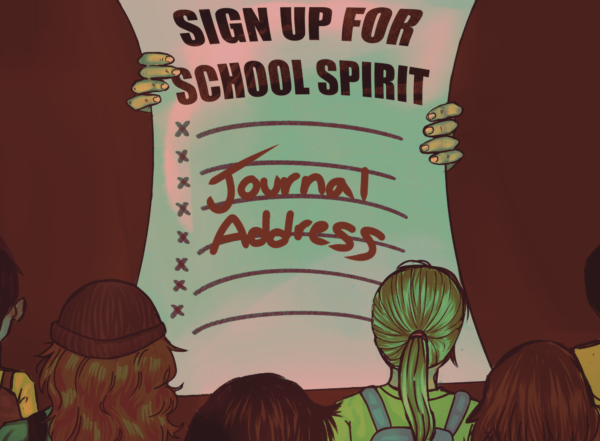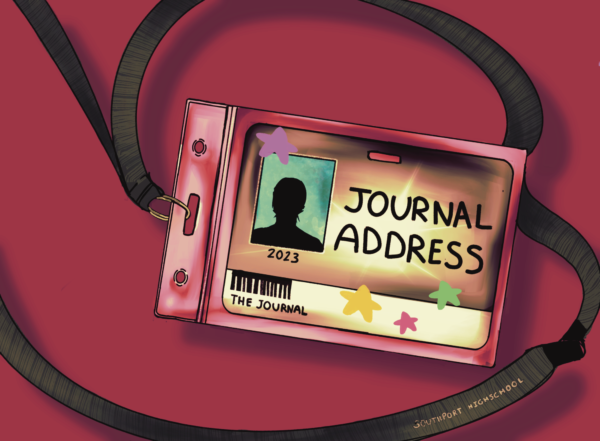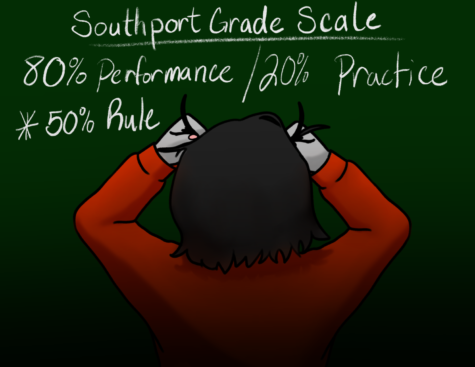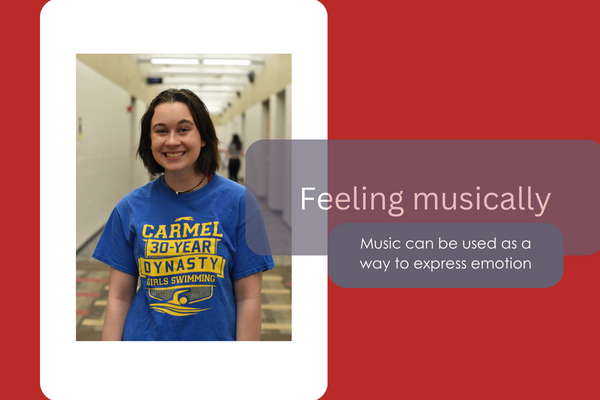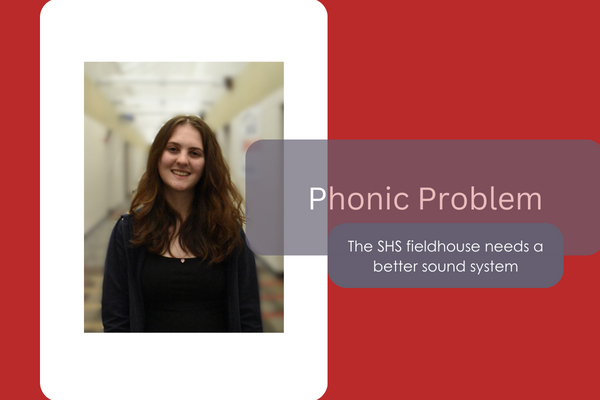Journal Address
Press freedom must be preserved
Out of 195 countries, the U.S. is listed at number 48 in the World Press Freedom Index, a worldwide survey and charter of violence against journalists compiled by Reporters Without Borders. Its fall in ranking — a regression of three places since 2018 — caused the press situation to officially be labeled “problematic.”
Citizens should be alarmed that a country so concerned with its constitutional rights is lapsing in one of its most essential freedoms. With the current political polarization and increasing negative rhetoric aimed at the media, we, The Journal, believe it’s up to the young people of today to celebrate and preserve the freedom of the press moving forward.
Press freedom has varied since the beginning of the U.S. President John Adams outlawed “any false, scandalous, or malicious writing” against Congress or the President under the Alien and Sedition Acts of 1798. Speaking out against the government left members of the media vulnerable to punishment. Many people would argue that, although this is certainly a situation we don’t want to return to, today’s state of press freedom is nowhere near that level of danger. However, without vigilance and a dedicated public watchfulness, it is easy for freedoms like this to be eroded below the radar.
The attitude of President Donald Trump and his base towards the media has become disturbing. The mockery of a New York Times journalist’s disability in 2015 would have been a shocking display of impropriety under any other presidential administration, but a significant portion of the country continues to rally behind such words and actions. The fact that jeering at news organizations like CNN has become a regular staple of Trump’s rallies should be concerning.
Today’s young people and young journalists must turn the tide back towards common support for freedom of the press. Free media is essential for a healthy republic. Obviously, citizens don’t have to agree with all coverage that presented to them, but labeling opposing points of view as “fake news” is not conducive to compromise and open conversations. And it’s certain that calling the press the “enemy of the people” is the opposite of productive.
A significant barrier for young people in terms of protecting press freedom may be simply not knowing where to start. Students can make their opinions heard by supporting legislation like New Voices on a state-by-state basis. New Voices guarantees equal press freedom rights to students under the Constitution. While Indiana has not passed New Voices, 14 other states have done so. Continuing to advocate for such legislation by contacting local representatives is a major first step.
An easy way to encourage freedom of the press is to support local publications. Many people rely on organizations like WTHR and the IndyStar for reliable news. The natural next course of action would be to donate, subscribe or, most importantly, engage. Keep updated and stay informed. If we don’t begin at the community level, press freedom nationally could be in jeopardy.


